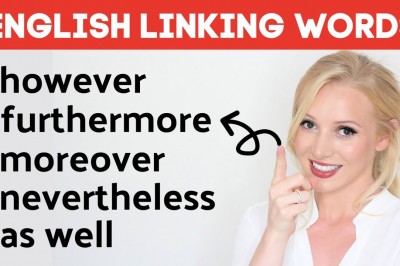The Effects of Humor in Advertising
Weve all encountered humor in advertising. TV ads showing smart dogs fetching their owners a beer. Radio spots with aliens purifying our drinking water. Print ads with famous people wearing milk mustaches. Many use dry wit. Others are just plain silly. A few are in bad taste. And some, heaven forbid, arent even funny.
Humor has its place
Does humor really work in advertising? Is it okay to get a few laughs when talking about your product or service? Does humor sell? There are no absolutes, no easy answers. What we do know is that, as in real life, humor has its place. In advertising, that place must always be clearly defined and understood. For humor used indiscriminately can be a disaster-for your product, your image and your sales. And thats not funny.
Making human contact
The object of humor is to make human contact and break the boredom barrier. This invisible barrier goes up the second your audience is exposed to any advertising. Its the result of tens of thousands of ads that confront us every year. For the human brain, its a matter of survival. It simply shuts out what it sees or hears and says, "I know a sales pitch is coming, Ive been bored to death before, Im tuning out." Humor is one way to get through. Used correctly, humor leads your audience to a common ground of understanding. A feeling of "were all in this together." Just like a speaker who starts with a humorous anecdote to break the ice, using a funny situation or character can make your audience more receptive as you segue into your selling message.
Tread lightly and cautiously
By the same token, an off-color joke or inappropriate comment about the audience or any individual member can be an instant turnoff and shoot that barrier right back up-maybe even permanently. The same holds true for humor that leaves a negative impression about your product or service. I remember hearing about one ad for a burial service with the headline: "Were the last ones to let you down." Sales didnt exactly jump through the roof. Most professional comedians know that the best humor is broad and even handed, reflecting universal truths or situations that apply to us all. They set up a character we can all identify with, then put that character through actions we may have experienced. A comedian once gave me an example of whats funny and what isnt. "A guy slipping on a banana peel isnt funny. A guy trying not to slip on a banana peel, now that can be funny."
Its not easy being funny, especially in print
Being funny in TV or even radio isnt easy, but its even harder in print. Theres no motion, no special effects, no silly animal tricks or goofy character antics-just a static visual and headline. Print is one medium where creative writers really have to work hard for the right result: humor that sells. For, in just one snapshot, youve got to establish the character, set up the situation, and payoff the punch line. Its like a comic strip with only one frame. It can be done, but its not easy. And once youve broken the boredom barrier, theres still lots of work to be done.
Once the laughing stops, theres still that pesky product to sell
Too many advertisers forget that the object of any ad, funny or not, is to get people to try the product being advertised. Its okay for your audience to respond with, Thats a funny ad" as long as they also come away with, "Thats a great product!" Humor should accent or showcase your products identity or key features, not bury them in a laugh. Some really funny ads suffer from "generic identity." Your audience loves the ad, but confuses your product with your competitors. Not funny.
One final thing to keep in mind about humor: its not for amateurs. As any professional comedian will tell you, being funny is serious business. So even if you fancy yourself a master joke teller and life of the party, you should still leave creating funny ads to the pros.
For tips on indoor baseball drills, mimolette cheese and other information, visit the Knowledge Galaxy website.

























